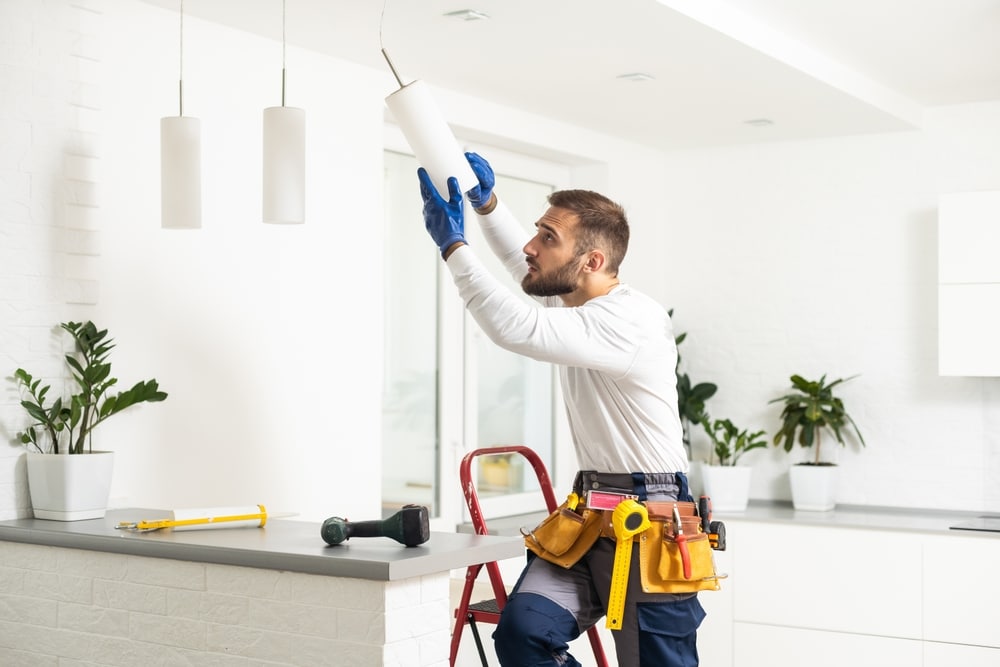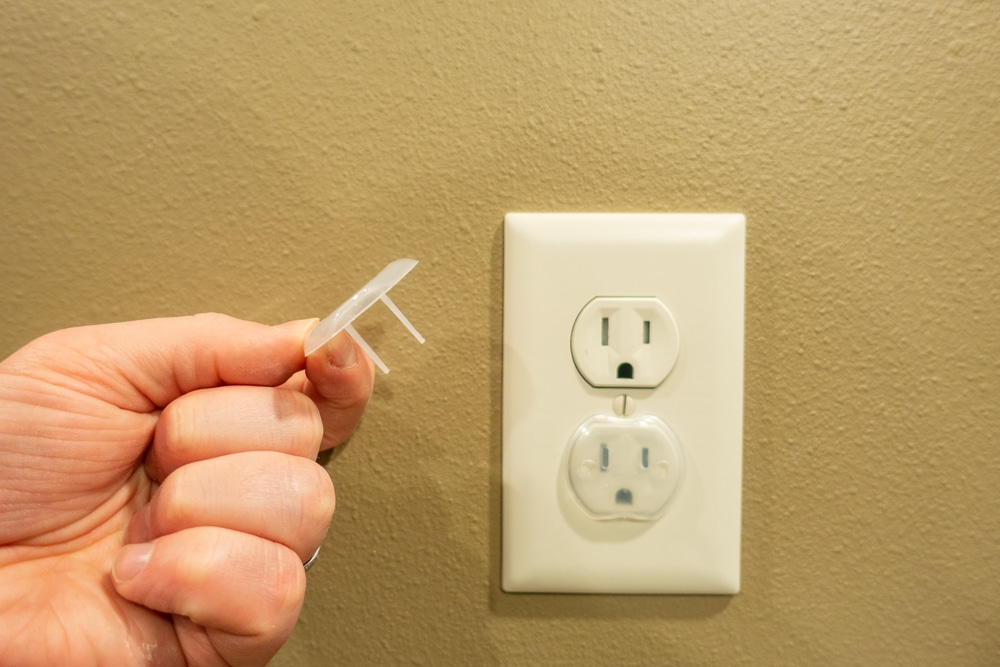Winter brings the joy of holidays, but it also ushers in the cold weather. This season often involves increased use of electrical appliances, raising the risk of home electrical hazards.
However, with the right preventive measures, you can keep your home safe. This article will discuss essential winter electrical safety tips to safeguard your home from potential electrical dangers.
1. Have an Electrical Safety Inspection
One of the first steps to ensuring a safe winter is by scheduling an electrical safety inspection. This inspection involves a licensed electrician assessing and testing appliances, circuits, and outlets in your home, identifying any potential risks.
They will provide a comprehensive report detailing any issues found, and suggest solutions for rectification. This inspection not only ensures the safety of your home but also provides peace of mind knowing your electrical system is in good working order.
2. Test and Maintain Your Smoke Alarms

Smoke alarms are your first line of defense in case of a fire. It’s crucial to ensure you have a sufficient number of functional smoke alarms throughout your home. Regularly test these alarms and replace the batteries at least once a year.
If your smoke alarm is over ten years old, it’s time to replace it. Regular maintenance of your smoke alarms can save lives and protect your property from fire damage.
3. Check Your Safety Switches
Safety switches play a critical role in your home’s electrical safety. They can quickly cut off electricity in a circuit in case of a fault, potentially saving lives. Therefore, it’s advisable to have these switches tested regularly by licensed electricians to ensure their functionality.
4. Mind the Positioning of Electric Heaters and Light Bulbs
Winter calls for heat lamps and electric heaters. However, remember to place these devices in open spaces rather than enclosed areas to prevent overheating and potential fires.

Also, keep light bulbs away from flammable materials such as plastics, drapes, and bedding. Upgrading to energy-efficient CFL or LED lights is also a good idea if you’re still using incandescent or halogen lights.
5. Water and Electrical Safety
Water and electricity are a dangerous combination. Ensure power points are installed at a safe distance from water sources, especially in kitchens and bathrooms. If this isn’t possible, consider using outlet plug covers to prevent accidental contact or electric shocks.
6. Childproof Your Home

Educate your children about electrical safety at home. Explain how electricity works and the possible dangers. If you have babies crawling around the house, it’s time to have child proof power outlets to keep them safe.
7. Ensure Adequate Space Around Electrical Devices
Every electrical appliance should have some empty space around it for the internal cooling system to work effectively. This applies to computers, TVs, microwaves, refrigerators, and freezers. Before turning them on, inspect your electrical appliances carefully and adjust their positions accordingly.
8. Use Heaters Responsibly
Heaters can be harmful if not used properly. Ensure they are placed at a safe distance from curtains, furniture, and carpets. Avoid overloading circuits with multiple heaters as it can lead to power failure or fire. Also, remember to turn off the heater before you leave the room and unplug it when not in use.
9. Carefully Manage Your Cords
Whether in use or not, power cords should be kept tidy and secure to prevent damage. Keep cords away from children and pets, who may chew on or play with them. Avoid tightly wrapping cords around items, and never place a cord on a hot surface.
10. Use Electric Blankets Responsibly

Electric blankets can cause electrical fires if not used correctly. Limit the use to 30 minutes at a time, turn it off before bed, inspect the wiring for damages before use, and replace them if they are more than ten years old.
11. Install a Whole House Surge Protector
During winter, power surges are more likely to occur. Therefore, installing a whole-house surge protector can protect your electrical system and appliances from voltage spikes.
12. Stay Safe with Christmas Lights
If you’re decorating your home with Christmas lights, remember not to overload a circuit with more than three light strings. Also, always use outlets with ground fault circuit interrupters (GFCIs) for outdoor lighting. Hire a professional Christmas Light Installer for extra safety and security.
And That’s a Wrap
Winter is a season to enjoy the warmth of your home. However, it’s also essential to use electricity cautiously. Following these winter electrical safety tips can help you enjoy a safe and cozy winter at home.
For any electrical issues or queries, don’t hesitate to reach out to professionals. Certified electricians can help ensure your home’s electrical system is safe and functioning correctly.

